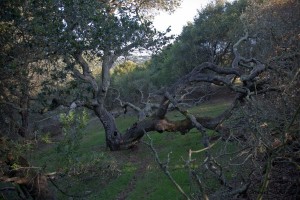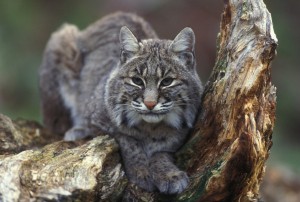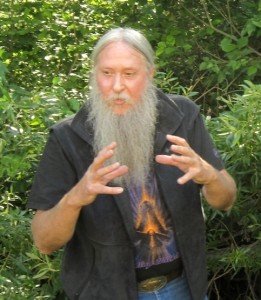
This heritage Coast Live Oak, Oakland's namesake, will be cut down to make room for the Interpretive Center.
Yesterday Judge Evelio Grillo issued his final ruling in our lawsuit, stating that the Zoo’s current expansion plan into Knowland Park is merely a modification of the 1998 Amended Master Plan project. Sometimes in the court of law it’s possible to find that up is down and black is white. Such is the case here. Our attorneys – Shute, Mihaly, & Weinberger – argued eloquently that the Zoo’s plan, which adds a veterinary hospital and an aerial gondola, quadruples the size of the Interpretive Center, and includes other major changes that were detailed in our briefs, results in a new project. In the end, the court disagreed, and the accompanying photos show who loses as a result of the court’s decision.
 Follow
Follow







